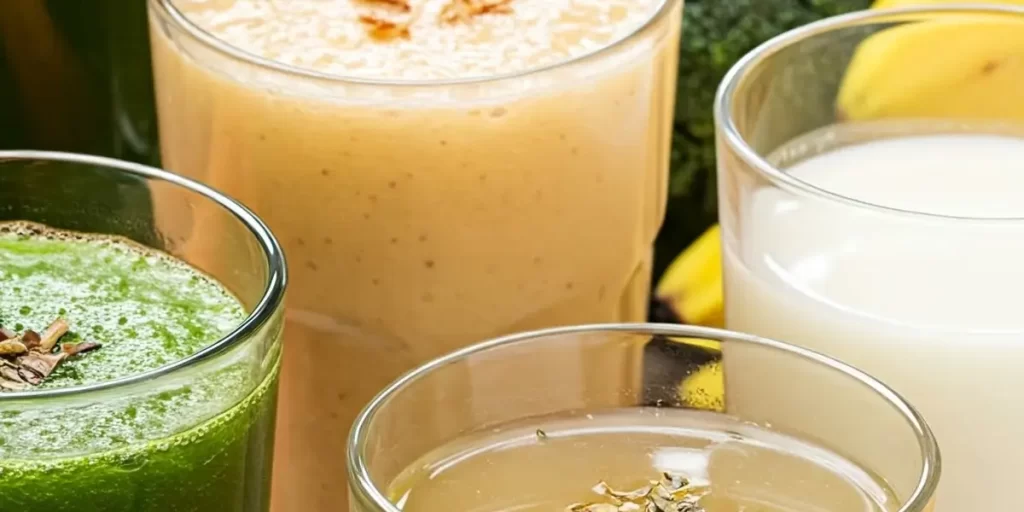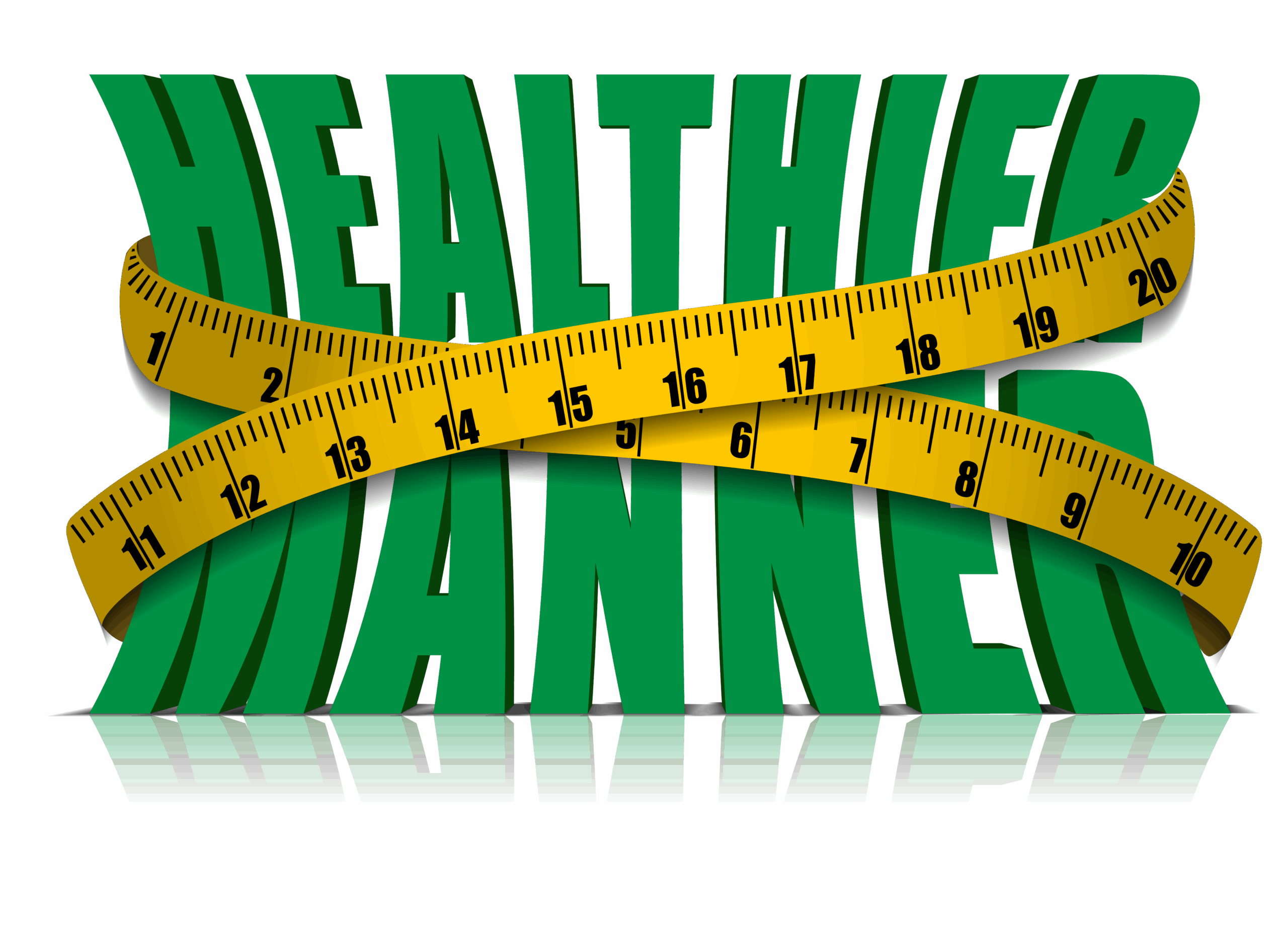Liquid Diet for Weight Loss – Types, Benefits, Risks & How to Follow It Safely
In a world where quick weight loss methods are constantly trending, the concept of a liquid diet has gained considerable attention. From celebrities to fitness influencers, many individuals have vouched for its rapid results. But the question is what is it, what type of liquid diet and does it truly work? Is it safe? And how should one go about it the right way?
So we are going to look at all of the questions that you have in mind regarding liquid diet and its significane. In this comprehensive guide, we will explore everything you need to know about liquid diet for weight loss, including types, benefits, potential risks, and practical tips to follow it safely and effectively.
Remember liquid diet may not necessarly be an OTC weight loss supplement, becasuse when we talk about liquied diets it can be a pleothra of drinks and shakes other than supplements. but in this article we will talk about supplements that acts as liquid diet for weight loss.

What is a Liquid Diet?
A liquid diet primarily involves consuming liquids instead of solid foods. These liquids can range from clear broths and juices to smoothies and specially formulated meal replacement shakes. People often turn to liquid diets for medical reasons, detoxification, or rapid weight loss.
Some liquid diet such as OTC supplements also comes in the form of liquids. They works well either on empty stomach or taken after meals or simply taken as part of a meal replacement for weight loss and energy. A properly planned liquid diet can be nutrient-rich and effective for short-term weight loss. However, it’s important to approach it with knowledge and caution.
Types of Liquid Diet for Weight Loss
There are several variations of liquid diets, each serving different purposes:
1. Clear Liquid Diet
These are typically recommended before medical procedures or for digestive issues. It includes:
- Water
- Clear broths
- Plain tea or coffee (no milk or cream)
- Clear juices (apple, cranberry)
- Gelatin
This diet is not suitable for long-term weight loss as it lacks essential nutrients.
2. Full Liquid Diet
More nutritious than a clear liquid diet. A full liquid deit often includes:
- Milk
- Smoothies
- Protein shakes
- Cream soups
- Yogurt
It can be used for short-term weight loss or as a transition from a clear liquid diet to solid foods.
3. Meal Replacement Liquid Diet
Involves replacing one or more meals with a liquid option. It includes:
- Commercial meal shakes
- Homemade smoothies with protein, fruits, and vegetables
- Low-calorie soups
- Liquid supplements for weight loss and or energy
This is the most common liquid diet for weight loss and can be tailored for individuals to ensure proper nutrient intake.
4. Detox or Juice Cleanses
It focuses on consuming fresh juices made from fruits and vegetables. You may find it popular in the wellness industry, it includes:
- Green juices
- Fruit and vegetable blends
- Herbal teas
While it may offer short-term weight loss, its effectiveness and safety for long-term use is debated.
Does a Liquid Diet Work for Weight Loss?
Yes, a liquid diet can lead to rapid weight loss because it can significantly reduce your calorie intake. However, weight loss depends on several factors including:
- The type of liquid diet
- Duration followed
- Physical activity levels
- Individual metabolism
A short-term liquid diet can help shed pounds quickly, especially if you have a special event or need a detox. But the key is sustainability and long-term weight loss, as it requires a balanced diet including lifestyle changes.
How Does A 5-Day Liquid Diet Weight Loss Plan May Look Like?
A liquid diet weight loss plan may vary from one individual to another depending on his or her conditions. Therfore it should be followed under medical or dietitian supervision only, especially if you have any health conditions. Here is a sample of a liqud diet for short-term use only.
First Day:
- Breakfast: Green smoothie (spinach, banana, almond milk, chia seeds)
- Mid-morning: Herbal tea
- Lunch: Creamy vegetable soup
- Snack: Protein shake
- Dinner: Carrot and ginger soup
Second Day:
- Breakfast: Berry smoothie with Greek yogurt
- Mid-morning: Coconut water
- Lunch: Pumpkin soup
- Snack: Almond milk shake
- Dinner: Tomato basil soup
Third Day:
- Breakfast: Detox juice (beetroot, cucumber, apple)
- Mid-morning: Herbal tea
- Lunch: Broccoli and cheddar soup
- Snack: Whey protein shake
- Dinner: Lentil soup
Fourth Day:
- Breakfast: Mango and oats smoothie
- Mid-morning: Lemon water
- Lunch: Pea soup
- Snack: Avocado smoothie
- Dinner: Sweet potato soup
Fifth Day:
- Breakfast: Mixed berry smoothie with flax seeds
- Mid-morning: Herbal tea
- Lunch: Chicken broth with blended vegetables
- Snack: Coconut milk smoothie
- Dinner: Mixed vegetable soup
For a more appropriate liquid diet for weight loss you should consult a dietician or a medical consultant.
What are the Benefits of a Liquid Diet?
1. Rapid Weight Loss
Because you’re consuming fewer calories, weight loss can occur faster than with traditional diets.
2. Digestive System Reset
Gives your digestive tract a break, potentially easing symptoms like bloating or indigestion.
3. Improved Hydration
Most liquid diets include hydrating elements such as water-rich juices, broths, and teas.
4. Convenience
Quick and easy to prepare—perfect for people with busy schedules.
5. Detoxification
Juice-based diets may help to eliminate toxins and reduce inflammation.
Risks & Side Effects
Despite the benefits, a liquid diet comes with potential downsides and it could be:
1. Nutrient Deficiencies
Without proper planning, you might miss out on essential nutrients like fiber, protein, iron, and healthy fats.
2. Loss of Muscle Mass
Rapid weight loss can lead to muscle loss, especially if your diet lacks sufficient protein.
3. Fatigue and Dizziness
Low-calorie intake can cause tiredness, light-headedness, and poor concentration.
4. Slow Metabolism
Extended use of very low-calorie diets can reduce your metabolic rate.
5. Temporary Results
Weight lost through liquid diets often returns when you resume solid foods.
Who Should Avoid a Liquid Diet?
A liquid diet is not suitable for everyone. It’s best to avoid or consult a doctor first if you:
- Are pregnant or breastfeeding
- Have diabetes or blood sugar issues
- Have chronic health conditions
- Are underweight or have a history of eating disorders
Tips for Following a Liquid Diet Safely
If you’re considering a liquid diet, keep these important tips in mind:
1. Consult a Healthcare Provider
Always get an approval from a doctor or dietitian before you start.
2. Don’t Overdo It
Limit it to a few days or up to 1 week unless under medical supervision.
3. Include Protein
Incorporate shakes or smoothies with protein powder, nut butter, or Greek yogurt.
4. Stay Hydrated
Drink plenty of water and include herbal teas and broths to maintain hydration.
5. Watch for Fiber Deficiency
Add fiber supplements or include blended vegetables with skins and seeds.
6. Ease Back into Solid Foods
Transition slowly with soft foods like yogurt, mashed veggies, and porridge to avoid digestive issues.
Lipovingual: A Healther Manner’s Liquid Supplement for Weight Loss
Lipovingual from Healther Manner is an original dietary supplement designed to enhance metabolic functions and to support fat loss. It is developed as a liquid alternative to traditional lipotropic injections, Lipovingual combines essential B-vitamins and amino acids to promote overall well-being and assist in weight management.
Key Benefits of Lipovingual:
a) Enhanced Metabolism: The synergistic blend of amino acids and vitamin B12 in Lipovingual aids in regulating bodily functions and boosting metabolic rates, facilitating more efficient calorie utilization.
b) Increased Energy Levels: Regular intake of Lipovingual can elevate energy levels, providing sustained vitality throughout the day, which is crucial for maintaining an active lifestyle.
c) Fat Burning Support: By supporting metabolism and fat transport, Lipovingual facilitates the body’s natural fat-burning processes, aiding in weight management efforts.
d) Liver Health Promotion: The supplement assists in fat removal from the liver, supporting liver function and overall detoxification processes.
e) Convenient Administration: Unlike injectable formulas, Lipovingual offers the effectiveness of lipotropic injections in a hassle-free liquid form, allowing for faster absorption and higher bioavailability.
Considerations:
Incorporating Lipovingual into your balanced liquid diet plan may be a safe dietary supplements for losing weight as it may offer additional support in achieving your weight loss goals. However, it should complement a comprehensive approach that includes proper nutrition, regular physical activity, and professional medical advice.
Frequently Asked Questions (FAQs)
Can I exercise while on a liquid diet? Yes you can do light exercise like walking or yoga is okay, but avoid intense workouts due to low energy intake.
How long can I follow a liquid diet? Typically 3–7 days. Extended durations should only be done under medical supervision.
Will I gain weight back after a liquid diet? Possibly, especially if you return to unhealthy eating habits. Sustainable weight loss needs lifestyle changes.
Can a liquid diet be used for detox? Some use it for detoxification, but scientific support is limited. It may help reset eating patterns.
Is it safe to replace all meals with liquids? For short periods, yes—but only if the diet is well-balanced. Long-term use can be risky.
Conclusion
A liquid diet for weight loss can be a powerful short-term tool to kickstart your weight loss journey, especially when done correctly. It offers convenience, quick results, and a break for your digestive system. But like all diets, it should be approached with caution and tailored to your personal needs.
Always consult a healthcare provider, stay hydrated, ensure balanced nutrition, and most importantly, plan your transition back to whole foods carefully. Remember—true health and sustainable weight loss are achieved through mindful eating and consistent lifestyle habits.
Ready to try a liquid diet? Do it wisely, listen to your body and always consult a doctor. Your health comes first!
